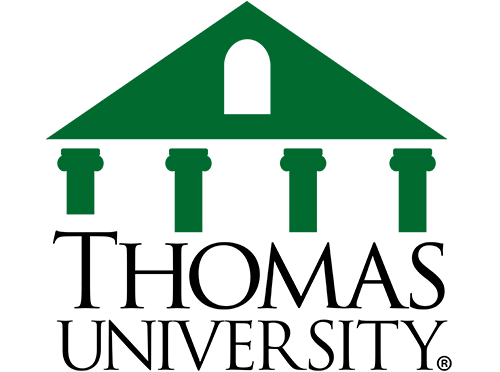The library may photocopy for the purposes of Interlibrary Loan. More than five (5) requests from any one title published within the past five years from a magazine to which the library does not subscribe is considered excessive and interpreted as an evasion of the purchase of a periodical.
§ 501. Infringement of copyright3
(a) Anyone who violates any of the exclusive rights of the copyright owner as provided by sections 106 through 122 or of the author as provided in section 106A(a), or who imports copies or phonorecords into the United States in violation of section 602, is an infringer of the copyright or right of the author, as the case may be. For purposes of this chapter (other than section 506), any reference to copyright shall be deemed to include the rights conferred by section 106A(a). As used in this subsection, the term “anyone” includes any State, any instrumentality of a State, and any officer or employee of a State or instrumentality of a State acting in his or her official capacity. Any State, and any such instrumentality, officer, or employee, shall be subject to the provisions of this title in the same manner and to the same extent as any nongovernmental entity.
(b) The legal or beneficial owner of an exclusive right under a copyright is entitled, subject to the requirements of section 411, to institute an action for any infringement of that particular right committed while he or she is the owner of it. The court may require such owner to serve written notice of the action with a copy of the complaint upon any person shown, by the records of the Copyright Office or otherwise, to have or claim an interest in the copyright, and shall require that such notice be served upon any person whose interest is likely to be affected by a decision in the case. The court may require the joinder, and shall permit the intervention, of any person having or claiming an interest in the copyright.

